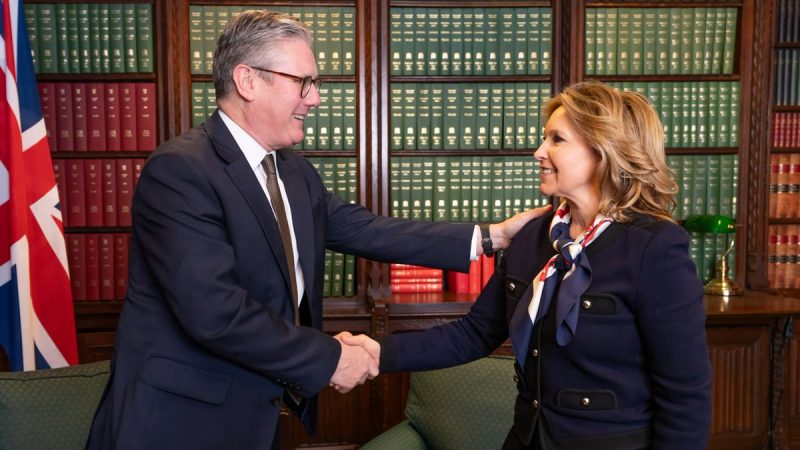UK university campuses erupt in pro‑Palestine protests
“Well done for taking a stand against your institution’s complicity in Israel’s war crimes against the Palestinian people.”
Jeremy Corbyn
In a wave of pro-Palestine activism, students at numerous UK universities have established encampments on their campuses since late April, demanding divestment from companies involved in human rights violations and sparking debates about free speech and the right to protest, reports the Anti-Capitalism Resistance
Starting in late April and continuing into early May, students at numerous universities across the United Kingdom have established encampments on their respective campuses as a show of solidarity with the people of Palestine. These peaceful demonstrations have been met with varying responses from university administrations and police, sparking discussions about free speech, the right to protest, and the proportionality of the state’s actions. The students involved are pushing for their universities to divest from companies involved in human rights violations and to address colonial legacies.

Warwick University students initiated an encampment on the Piazza located on campus grounds, commencing on April 26th.
University of Bristol students began occupying Royal Fort Gardens by setting up an encampment, which commenced on May 1st.
Beginning on the 1st of May, students from the University of Leeds set up camp on university grounds.
Newcastle University students initiated an encampment on campus, beginning on May 1st.
Beginning on the 1st of May, students from the University of Manchester set up camp at Brunswick Park.
Starting on the 1st of May, students from the University of Sheffield set up camp on university grounds.
On 8 May there was a solidarity rally at the student encampment at Sheffield University.



Starting on the 1st of May, students from Swansea University set up camp on university grounds as a show of solidarity with the people of Palestine.
Students at Goldsmiths occupied various university buildings, including the library, starting on May 1st and lasting until May 3rd. Their second occupation came to an end on the 3rd of May, after the students and university management reached an agreement addressing the students’ demands.
Students at UCL began occupying buildings and set up an encampment on the UCL campus on May 2nd, demonstrating their support for Gaza.
Several individuals participating in a protest camp at University College London (UCL) have been arrested under the Terrorism Act for displaying artwork that depicted a widely recognised symbol of peace. The arrests were carried out by law enforcement authorities.
The organization Camden Friends of Palestine, through their Twitter account @CamdenPalestine, has strongly condemned these arrests, characterising them as a politically motivated act of state repression targeting peace activists. They are demanding the immediate release of those who have been arrested.
The events have raised concerns about the nature and justification of the arrests, particularly given the use of terrorism-related legislation in response to the display of a peace symbol at a protest site on a university campus. The situation has the potential to raise questions about the boundaries of free speech, the right to peaceful protest, and the proportionality of the states’ response.
On May 5th, students at the University of Edinburgh began occupying Old College, demanding that the university divest from companies involved in human rights violations and address the colonial legacy of its former chancellor, Lord Arthur Balfour. The students have established an encampment at Old College and are inviting others to join them in solidarity as they continue to push for their demands to be met by the university administration.
At the University of Cambridge.
An encampment was started by University of Oxford students on the 6th of May, situated on the lawn of the Pitt Rivers Museum.
On May 6th, students in Aberdeen established an encampment on Elphinstone lawn.
Starting on the 6th of May, Liverpool students set up camp at Abercromby Square.
After a 200-strong demonstration on the 6th of May, SOAS students set up the “SOAS Liberated Zone” on the university’s green space.
Students at Queens University Belfast occupied the main Lanyon building on May 7th, presenting six demands to the university management.
- This article was originally published by the Anti-Capitalist Resistance on May 9th, 2024.











